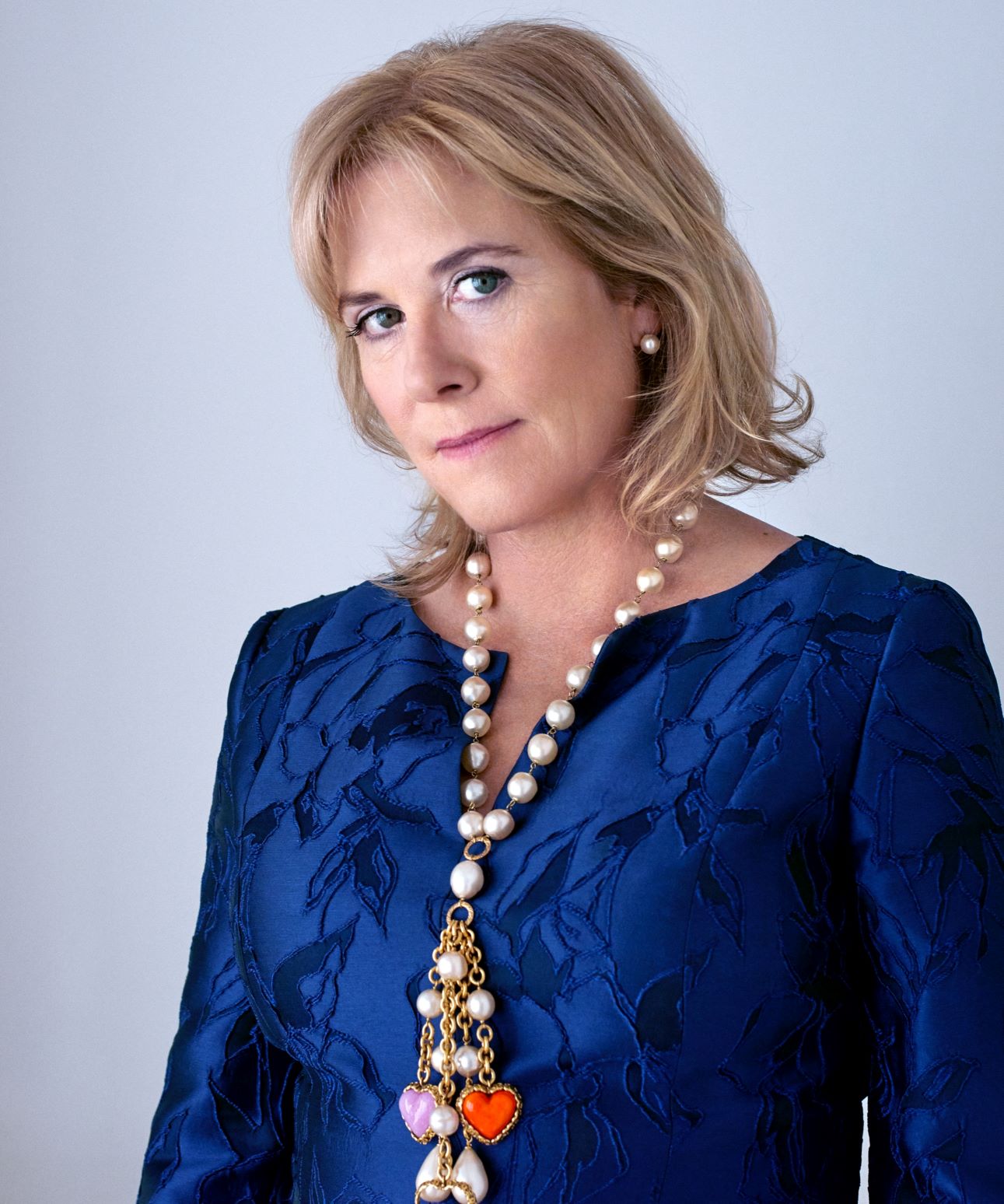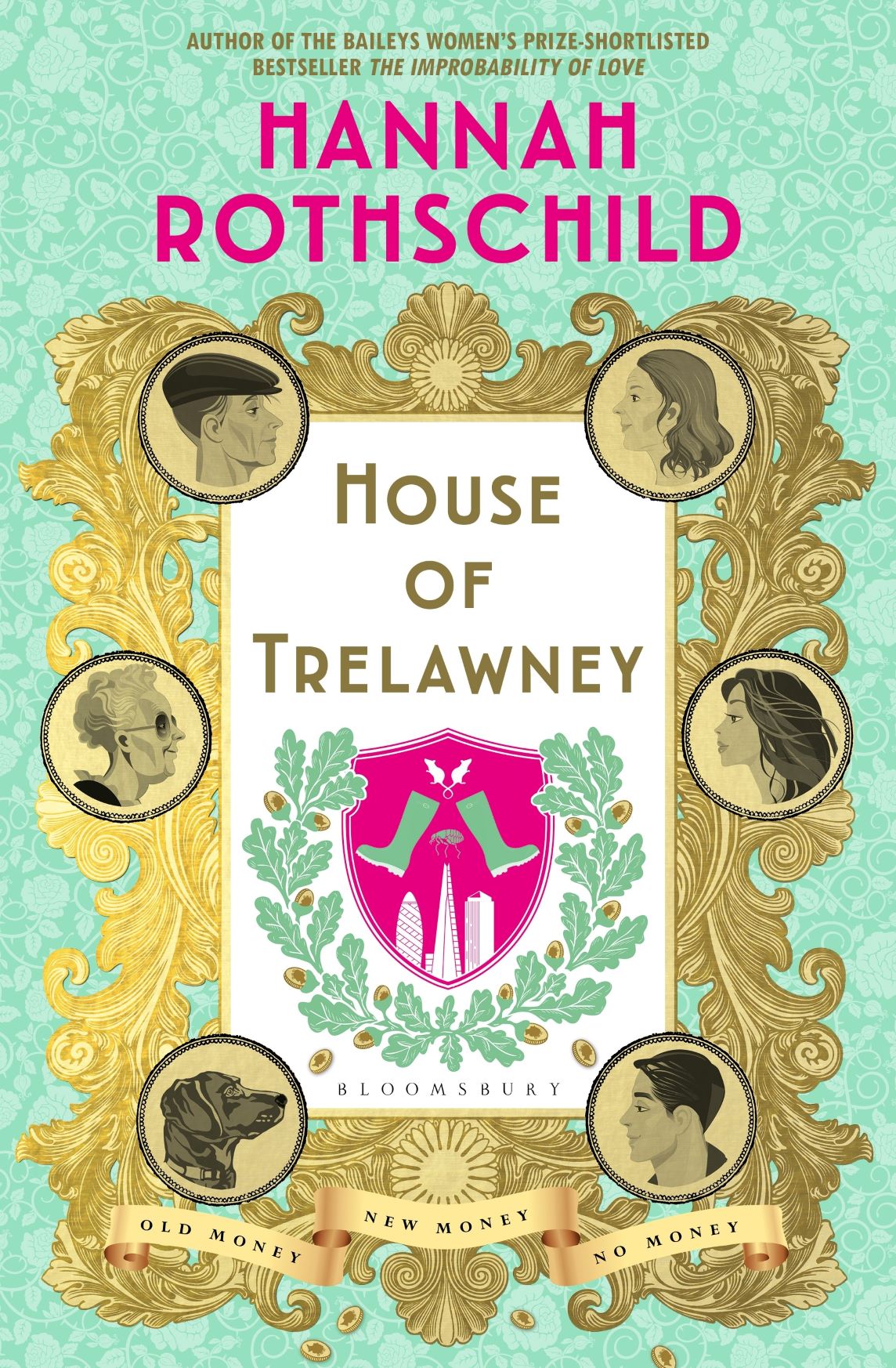Invaluable insight from Hannah Rothschild on the balancing act of writing satire...

The classic definition of the literary genre 'satire' is the use of humour, irony, exaggeration, or ridicule to expose and criticize people's stupidity or vices. In my writing, comedy always flows from characters. I start by thinking of individuals, then place them in a setting and finally animate them with a plot. For example, in my most recent novel 'The House of Trelawney', Octogenarian Clarissa is outspoken (and outdated) and doesn’t care what anyone else thinks of her. Stuck in a by-gone world, her stream of consciousness about falling standards and failing morals is a source of embarrassment to her family. Stick Clarissa into any scene and it gets instantly livelier. When her daughter Blaze asks her mother to move from the family home and live with her in London, Clarissa retorts 'I only like living somewhere surrounded by my own land. Looking at other people’s property would make one feel ill.'
Another character in the book, Uncle Tony, is a mimic and commentator. Meeting his niece Blaze in a restaurant for breakfast, he spots a woman with a load of blond curls on her head and christens her 'Cappuccino Joan'. Looking around the restaurant, Tony laments 'I can't frequent this place anymore; look around, it's full of people with a past meeting those with no future.' Tony serves to enliven moments where, for the purposes of a plot, something serious has to be explained. For example, the plot of the novel hinges around the financial crash of 2008 and in the same restaurant scene Blaze predicts the disaster and why it will be cataclysmic for many. I had to think how to puncture gloom; this is a comedy not an economics book. Tony helped. 'If the world is going to end,' he said 'I'm going to disobey my doctor and order Eggs Benedict. He says I should only eat the whites. Can you imagine anything more repulsive? Anyway, at my age who cares about a bit of chlamydia if the end is nigh?'
'I think you mean cholesterol,' Blaze laughed. 'It was impossible to stay cross with Tony for any length of time.'

I learned and continue to learn about writing satire from others on a daily basis. Evelyn Waugh viciously skewers his characters- he is utterly merciless with everyone. Edward St Aubyn is a master of brilliant one liners and acute observations. Nancy Mitford uses tongue in cheek charm. Howard Jacobson is such a brilliant wordsmith, he can make cutting bread hilarious. Nina Stibbe and Helen Fielding have an uncanny ability to make the reader identify with and inhabit their characters. Cressida Connelly is the mistress of observation. A great piece of advice is to read at the level you want to write at. When I get stuck, which is frequently, I dive into one of many favourite books; there's always something to inspire and encourage.
For me, writing satire is like a surfer catching a wave. Even with the characters poised, the plot in place, a scenario imagined, the flow of comedy isn't guaranteed. I have to be in a certain mood. This morning I set my alarm for 5.30am. I knew what I wanted to say and which of my characters were going to say it. I sat at my desk and stared at a blank screen. Two hours have passed; the screen remained blank. Writing comedy involves patience. Above all it's about not taking oneself or one's failures too seriously. I try to see the absurdity in every area of my own as well as my characters' lives.
House of Trelawney by Hannah Rothschild is available in hardback and ebook from Bloomsbury.com
Hannah Rothschild is a writer, filmmaker, philanthropist and company director. Her biography of Pannonica Rothschild, The Baroness, was published in 2012. Her first novel, The Improbability of Love, won the Bollinger Everyman Wodehouse prize for best comic novel and was shortlisted for the Baileys Women’s Prize for Fiction. She writes original and adapted screenplays and also for major newspapers and magazines in the US and UK. Her documentary features have been broadcast on major networks and shown at film festivals. A non-executive director of various financial institutions and the former chair of London’s National Gallery, she lives in London with her three children.
Comments